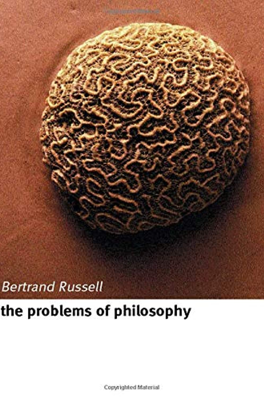The Existence of Matter
Questioning the Existence of Matter
Bertrand Russell explores whether there is any sense in which matter, like a table, exists independently of our perceptions. He considers the importance of matter's existence because, without such assurance, our belief in other people's minds and bodies, which are inferred through physical observation, may be unjustified.
Sense-Data and Certainty
Russell asserts that while we may doubt the physical existence of objects like the table, the sense-data—our perceptions of color, shape, and texture—are undeniable and certain. This engagement with Descartes' method of systematic doubt reaffirms that our sense-data are undeniably real, though they do not necessarily confirm the existence of physical objects beyond ourselves.
Public Objects and Private Experiences
Common sense suggests that objects like the table continue to exist independently of our perceptions, evidenced by daily interactions that would seem absurd otherwise, such as selling or buying an object like a table. Russell uses the example of a shared dining experience, where multiple observers appear to interact with the same physical objects (table, chairs, etc.), suggesting a reality independent of individual sense-data.
The Permanence of Physical Objects
Russell discusses how physical objects provide the simplest explanation for our ongoing and varied sense-data. For instance, if a cat appears to move across a room, assuming its continuous existence when unobserved (rather than its popping in and out of existence) offers a simpler and more coherent explanation of our perceptions.
The Independence and Reliability of Other Minds and Objects
The interactions with other human beings, and the coordination of our sense-data (such as speech and facial expressions), feed into the natural assumption that others have minds and inner experiences similar to our own. This, in turn, supports the assumption of an external reality where objects, including other persons, exist independently of our perceptions.
Philosophical Significance and the Role of Simplicity
Russell concludes that while our beliefs about an external world might not be provable with absolute certainty, they are the simplest way to make sense of our sense-data and shared experiences. He emphasizes that philosophy should aim to organize and scrutinize our instinctive beliefs to form a coherent system of knowledge. This systematic approach helps validate our everyday experiences and supports the practical utility of our natural belief in an external world filled with physical objects and other minds.
